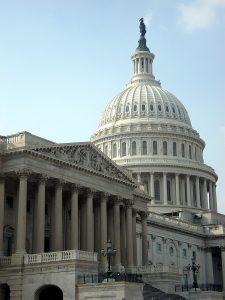
Part of the President's Management Agenda (PMA) calls out leveraging data as a strategic asset for more effective government. In support of this, several pieces of legislation and policy have been created to better enable and even incentivize agencies to make their data available and open for use across government and by citizens.
Federal CIO Suzette Kent recently said that the Federal Data Strategy will be released soon and will prioritize datasets that could help stimulate the economy, protect the nation, and continue important research. The guidelines will present principles that prioritize data security, privacy, and transparency.
This Federal Data Strategy follows the passage of the Open, Public, Electronic, and Necessary (OPEN) Government Data Act at the beginning of the year. This law requires that all non-sensitive government data be made available in machine-readable formats by default. It also creates a Chief Data Officers Council that will address data governance across agencies.
Even before these laws and guidance were released, we've seen how access to data can impact communities. For example, in Asheville, NC, BeLoved Asheville, an activist group of homeless people, launched the Homeless Voice Project. This project filters public crime data using arrestees' addresses. They were able to show that the homeless population was being disproportionally targeted and arrested by highlighting the number of homeless shelter addresses being used. In Norfolk, VA, community groups are using data to show the impact of re-development on communities, highlighting the size of population displacement that would come with gentrification. These groups are finding there is less "shouting across the table" and common ground is easier to find when arguments are backed with data. Continue reading

 The last time we
The last time we  The Federal Risk and Automation Management Program, commonly known as FedRAMP, was introduced in 2010 and signed into policy at the end of
The Federal Risk and Automation Management Program, commonly known as FedRAMP, was introduced in 2010 and signed into policy at the end of 
